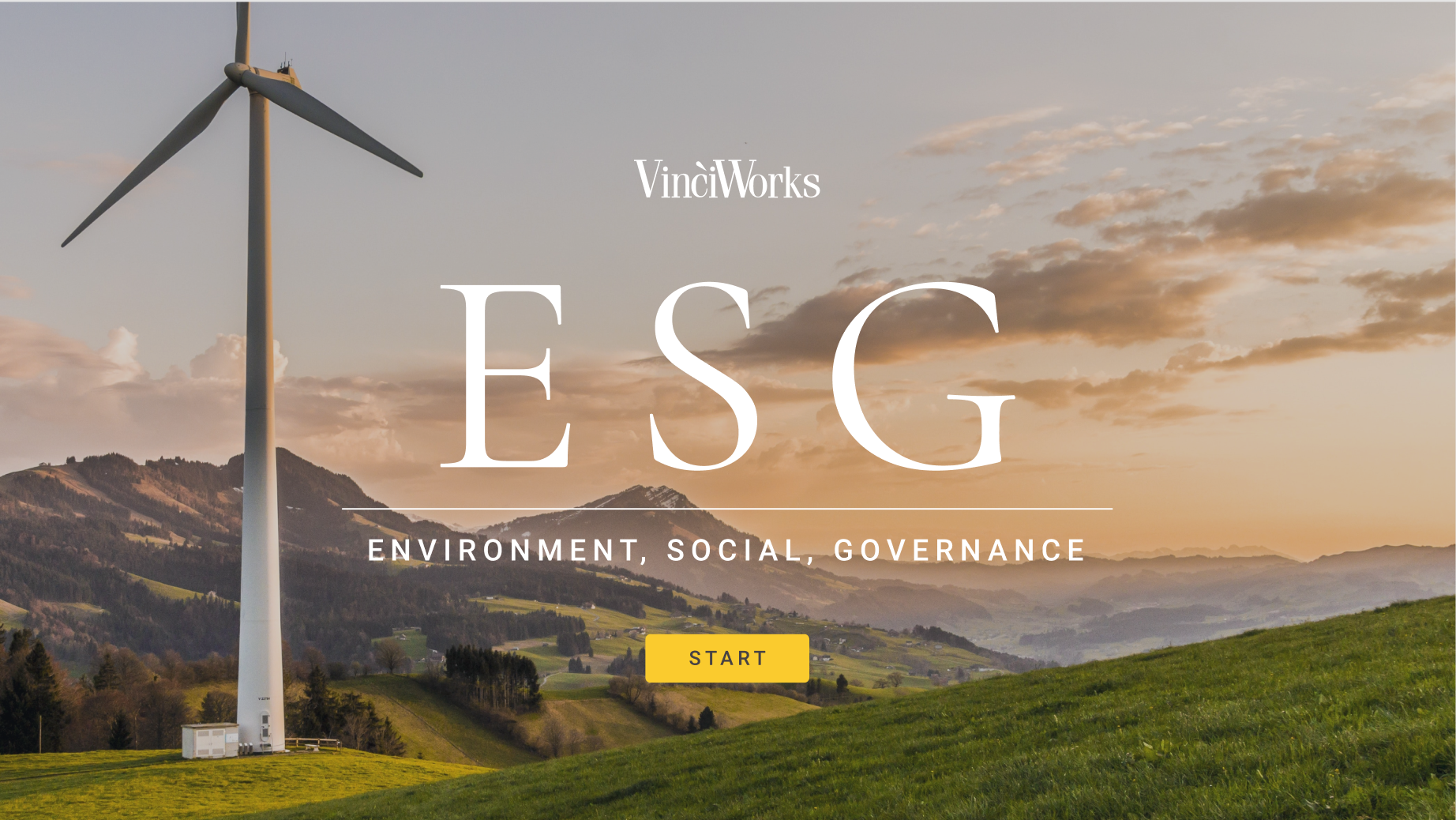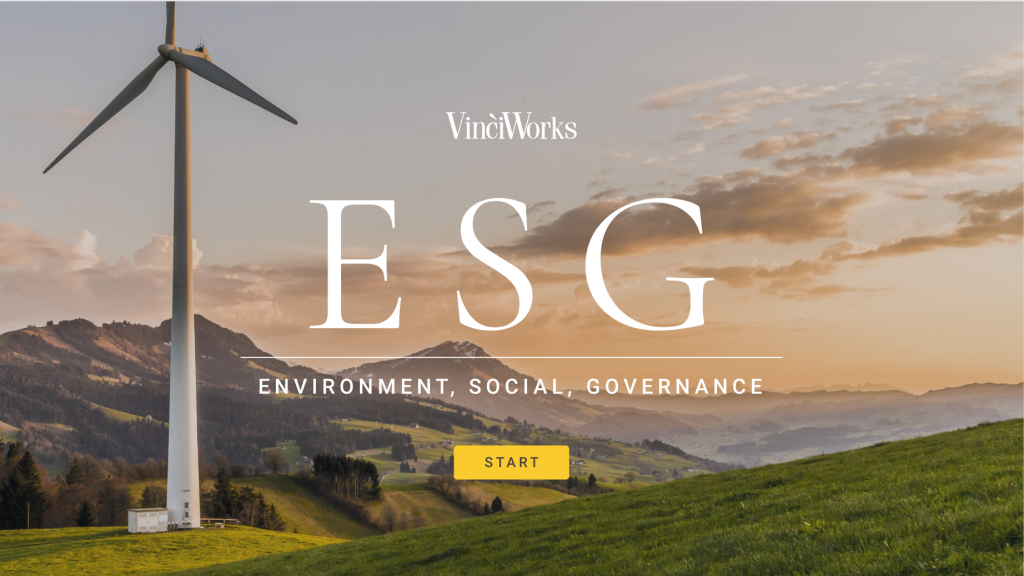As the world gets more and more interconnected, corporate responsibility and sustainability are more important than ever for a company’s success.
Whereas in previous decades, a company’s value was mainly linked to physical assets like property and equipment, now it is intangible assets like branding, relationships, and ideas that define a business.
The growing trend toward ESG measurements is, in part, a response to that change. Attractive businesses must now be more sensitive than ever to how they are perceived as members of a larger corporate environment.
More and more companies understand the necessity to publish ESG reports detailing their performance on environmental, social and governance metrics. This comes from an awareness that steps like reducing their carbon footprint; improving diversity and gender equality in the workforce, and maintaining an ethical value chain for suppliers and customers display a level of social responsibility that is demanded by customers, partners and investors.
Continue reading









